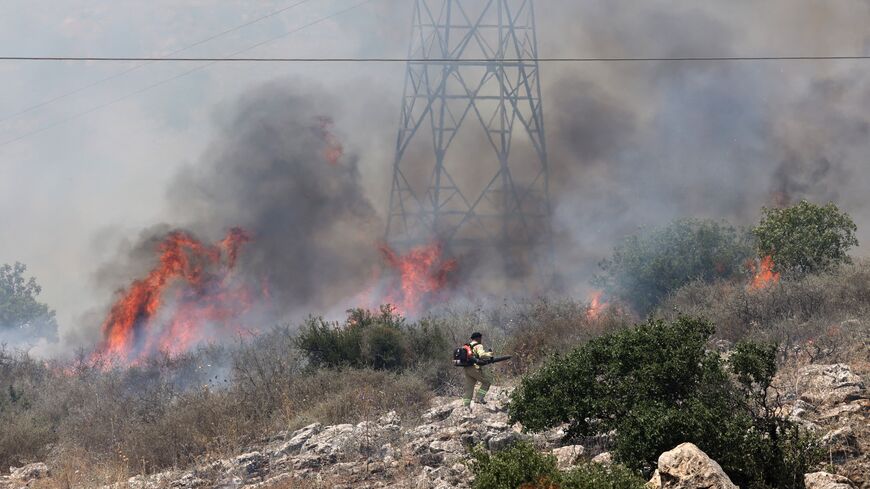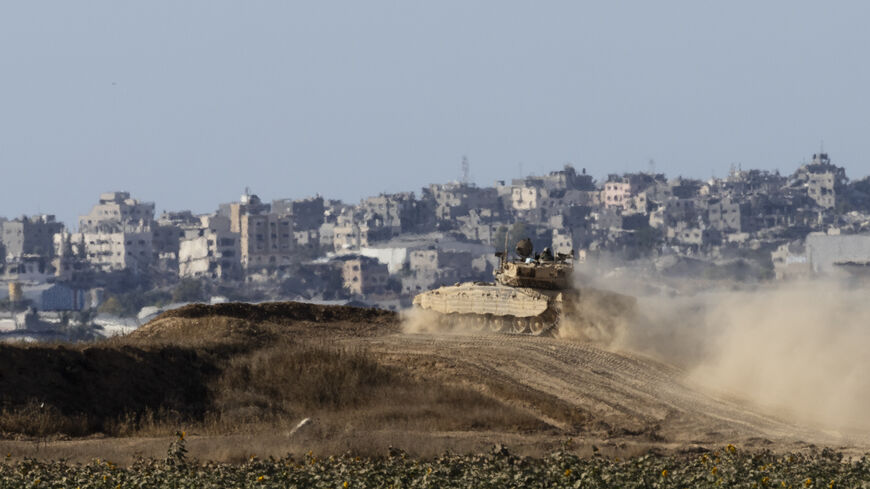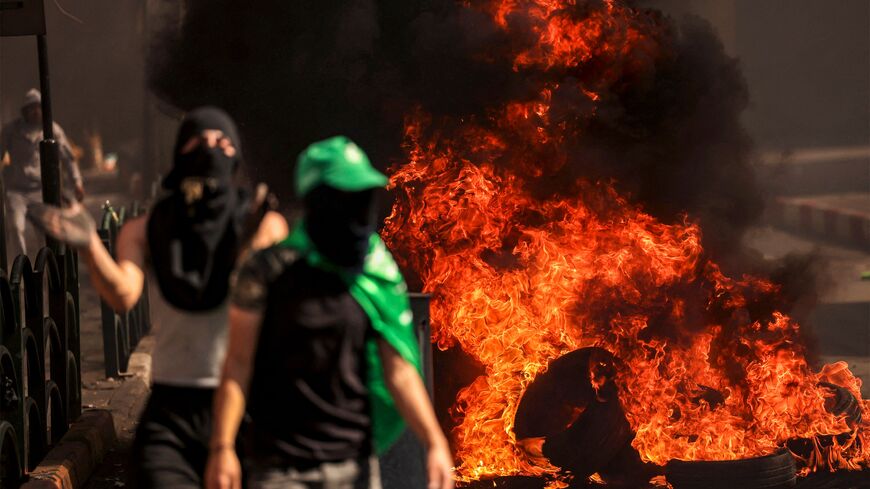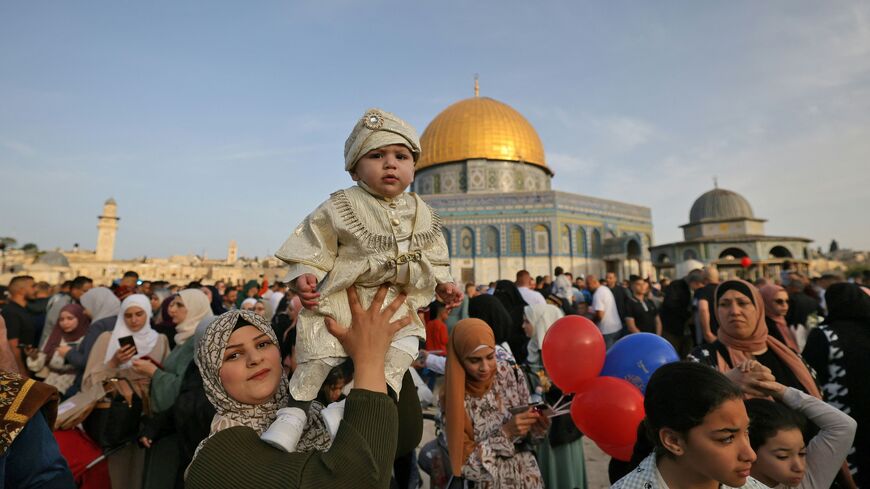Israel’s Netanyahu dissolves war cabinet as Rafah fighting subsides
Prime Minister Benjamin Netanyahu announced he was dissolving the war cabinet, but will reportedly continue consulting its members on sensitive decisions.
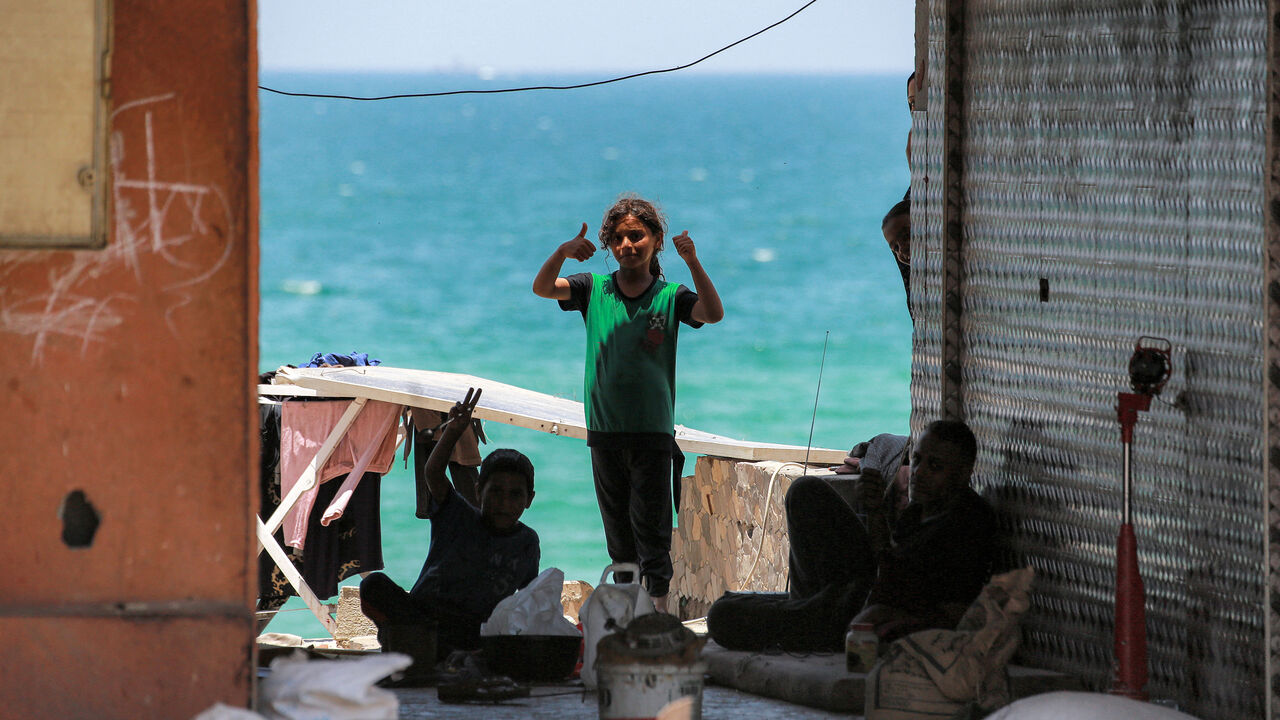
Israeli Prime Minister Benjamin Netanyahu dissolved the six-member war cabinet on Monday after the June 9 walkout of his rivals, Benny Gantz and Gadi Eisenkot, and as fighting gradually subsided in southern Gaza.
According to Haaretz, Netanyahu is expected to continue consulting the other members of the war cabinet on the most sensitive security decisions. They are his close associate Strategic Affairs Minister Ron Dermer, Defense Minister Yoav Gallant and Shas head Aryeh Deri. National security adviser Tzachi Hanegbi will also be included. Deri, who has been convicted of bribery, is not serving as minister and is serving as an observer to the war cabinet.
More discussions will be held in the larger security cabinet forum, which has 13 members including far-right Ministers Bezalel Smotrich and Itamar Ben-Gvir plus a changing number of observers.
An unnamed Israeli political source told Haaretz that the announcement of the cabinet's dissolution was meant to reduce pressure from Ben-Gvir, who has been demanding to be included in the war cabinet for several weeks, and more loudly since the departure of Gantz and Eisenkot.
Gantz and Eisenkot, former generals and leaders of the centrist National Unity party, entered the cabinet five days after Oct. 7 to help manage the war in the Gaza Strip. Last May, Gantz gave Netanyahu an ultimatum, saying the prime minister must present a plan for the day after the war by June 8 or he would walk.
Even after the resignation of Gantz and Eisenkot, Netanyahu enjoys a solid majority of 64 Knesset members out of 120.
The news comes as fighting subsided in Gaza on Monday. Witnesses reported to AFP blasts in the besieged territory's south, but fighting has largely stopped after a day of relative calm and as Muslims marked Eid al-Adha.
A daytime pause for aid deliveries announced at the weekend by Israel's military around a southern Gaza route appeared to be holding, while elsewhere in the Palestinian territory an AFP correspondent said strikes and shelling have decreased.
Tensions on Israel’s border with Lebanon
Separately, Netanyahu met Monday with US special envoy Amos Hochstein, who has been handling efforts to reach a de-escalation agreement between Israel and Hezbollah. Dermer, Netanyahu’s Chief of Staff Tzachi Braverman, Military Secretary Roni Gofman, political adviser Ophir Falk and US Deputy Chief of Mission in Israel Stephanie Hallett attended the meeting. Hochstein also met with Israeli President Isaac Herzog. He is set to meet with Gantz later in the day.
The meeting came against the backdrop of tensions on Israel’s northern border. Lebanese outlets al-Manar and Al-Akhbar, both affiliated with Hezbollah, reported Monday morning that Israeli jets had struck the Mays al-Jabl area and the village of a-Dahira.

